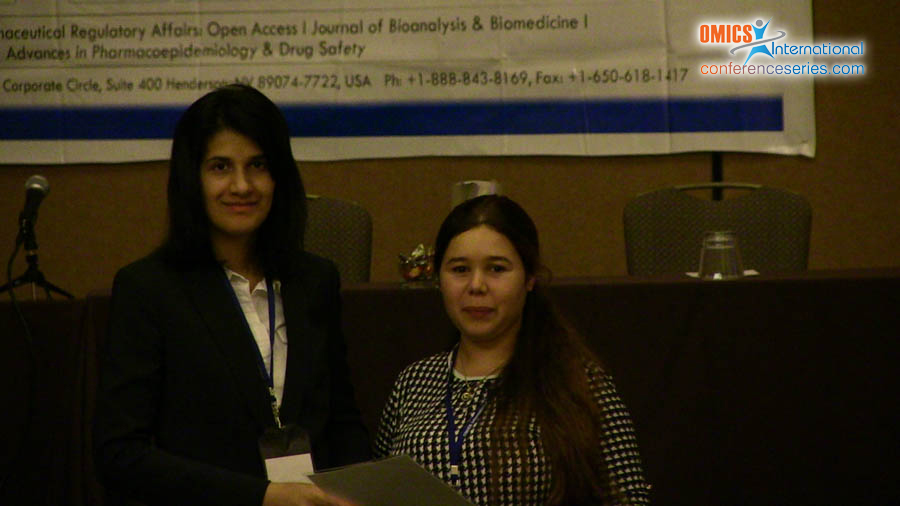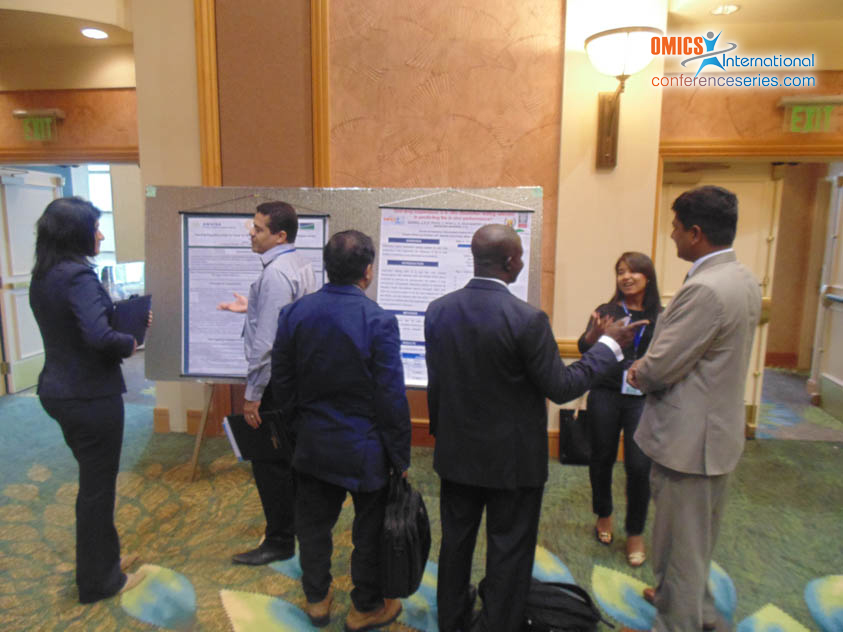
Biography
Biography: Mariam Aslam
Abstract
Regulatory Intelligence (RI) is likely to have been practiced in some way or other from when regulations first came into existence. In the recent years, RI has become more of a phenomenon in the pharmaceutical regulatory sector. Although the brilliance of this concept is still evolving, two definitions have been created for RI; one from the Drug Information Association’s Regulatory Intelligence Network Group (DIA RING) and the EU Regulatory Intelligence Group (EU RING). The DIA RING definition is: ‘The act of gathering and analyzing publicly available regulatory information. This includes communicating the implications of that information, and monitoring the current regulatory environment for opportunities to shape future regulations, guidance, policy, and legislation. The EU RING definition is: ‘Regulatory intelligence is the act of processing targeted information and data from multiple sources, analysing the data in its relevant context and generating a meaningful output – e.g. outlining risks and opportunities–to the regulatory strategy. The process is driven by business needs and linked to decisions and actions.’ However you interpret these definitions, RI key aspect is applying the acquired knowledge from drug discovery to post approval. A vast amount of years and cost is invested in getting the drug on the market. Then when it gets to the market, what happens next? This is when the importance of RI ensures the best regulatory strategy so that your drug’s safety, quality and efficacy are maintained during its lifecycle.
Speaker Presentations
Speaker PPTs Click Here





